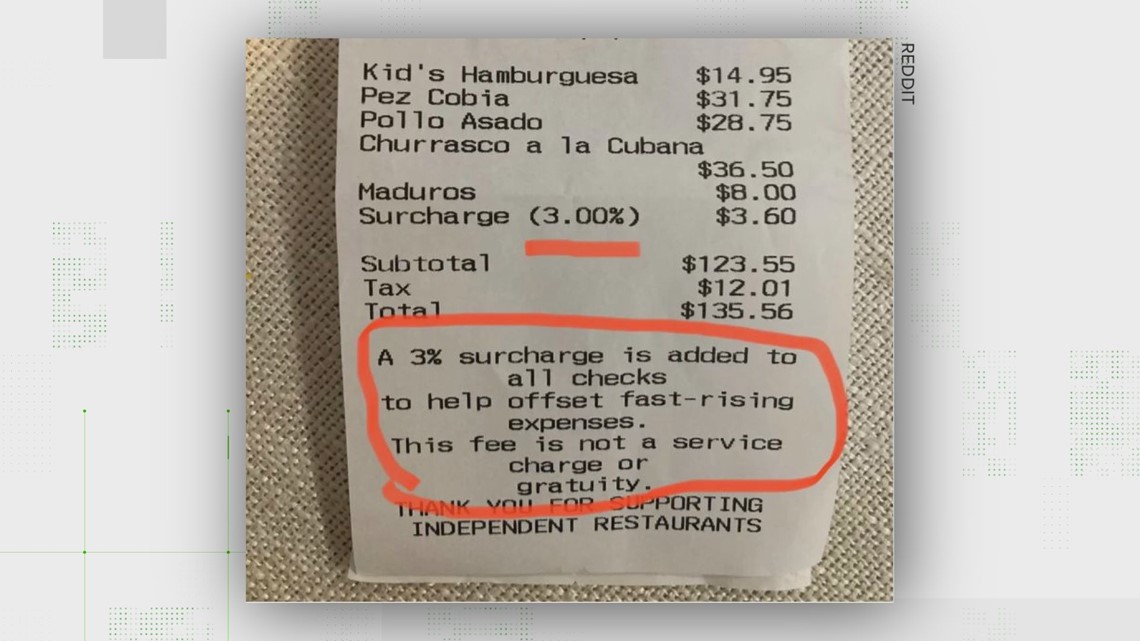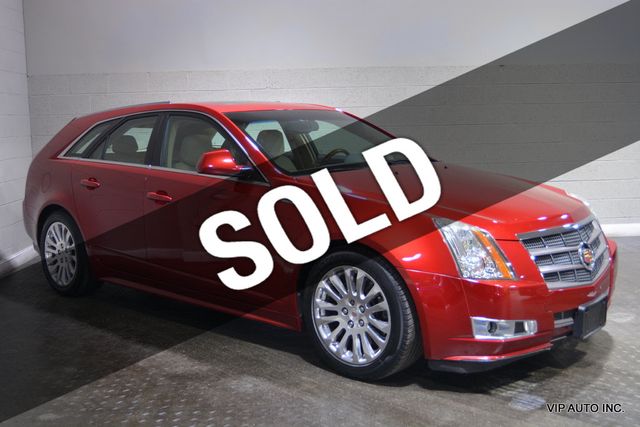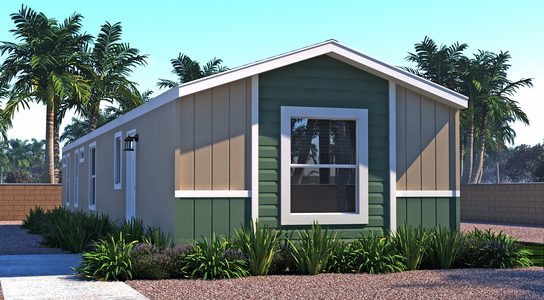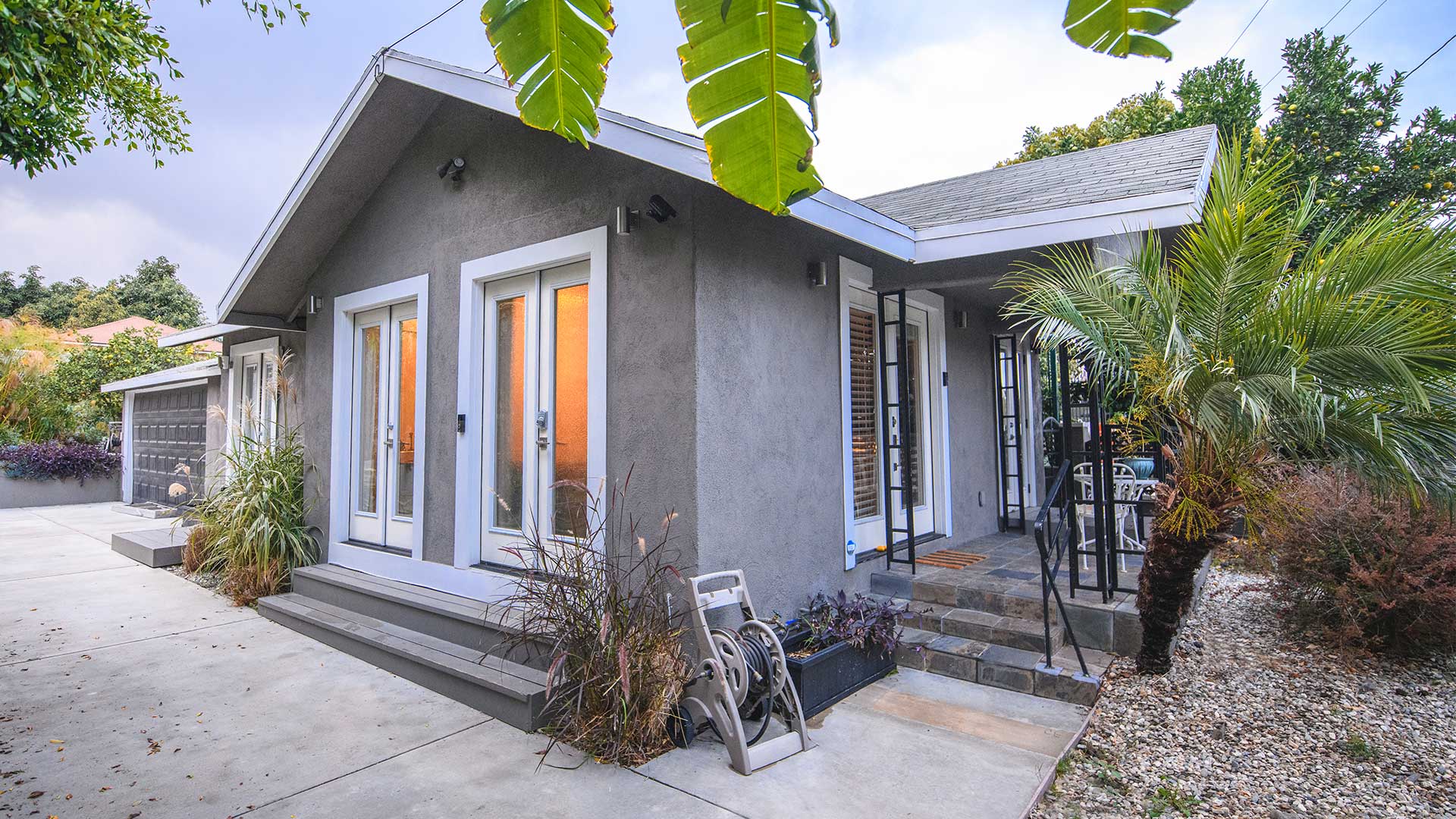The current economic environment is redefining what it means to live comfortably. Activities and purchases that were once commonplace, such as enjoying a meal out, buying a brand-new home, or driving a new car, have transformed into luxuries that many find out of reach. The changing landscape is due in part to rising costs associated with inflation, enhanced regulatory measures, and the advent of sophisticated technologies that drive prices up. For instance, the expense of replacing a car battery has skyrocketed, owing to the intricate computerized systems in modern vehicles. This financial strain has led some to reconsider their spending habits, turning to more affordable alternatives like Stanley Drinking Cups and Trader Joe’s canvas shopping bags, which have gained cult status online.

.
The response from businesses and consumers to these changes has been notable. The food industry has seen a significant number of restaurant and fast-food chain closures, signaling a shift in dining habits. Meanwhile, the automotive industry is witnessing a surge in the demand for pre-owned vehicles. One innovative approach has been for dealerships to purchase and sell older luxury cars at a fraction of the cost of new models, providing a semblance of luxury at a more accessible price point.

.
The housing market is also evolving to meet new economic realities. Traditional home builders are now focusing on smaller, more affordable housing options like tiny homes and shipping container homes, appealing to those looking for quality living within a smaller footprint. These homes, often less than 800 square feet, reflect a growing desire for living spaces that align with a community’s affordability index. The manufactured housing sector is not far behind, broadening its portfolio to include various budget-friendly options such as accessory dwelling units (ADUs), RV park models, and single-wide homes designed for economic efficiency.

.
This widespread movement towards simplification and affordability underscores a significant shift in societal values. People are increasingly making conscious decisions to live within their means, choosing practicality and necessity over luxury and desire. This trend is not just about financial survival; it’s a reevaluation of what it means to live well. As communities embrace these changes, there is a growing appreciation for sustainable living practices that promise a future where affordable and responsible living becomes the norm rather than the exception.

.
In essence, the move from luxury to necessity is not merely a temporary adjustment but a long-term transition towards sustainable and mindful living. It’s a reflection of a collective realization that happiness and fulfillment do not solely depend on material wealth but on the quality of life that can be sustained even in challenging economic times. As this new paradigm takes root, it paves the way for innovative solutions and lifestyles that prioritize environmental sustainability, community connection, and personal well-being over material abundance.
.
Gary Fleisher is a renowned blogger, consultant, and commentator on construction and housing trends, known for his insightful analysis of the industry.



